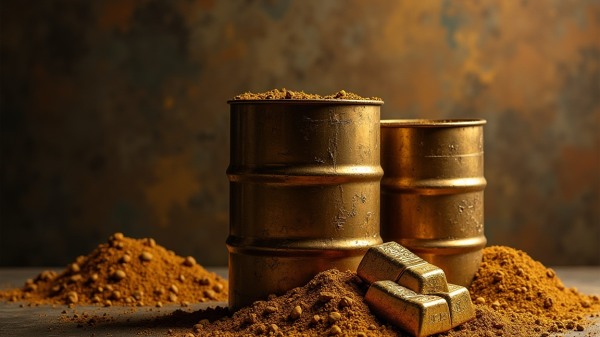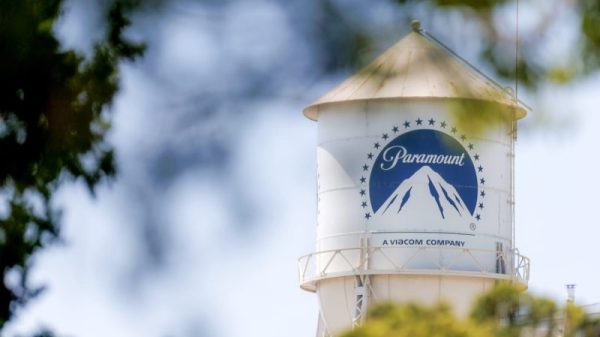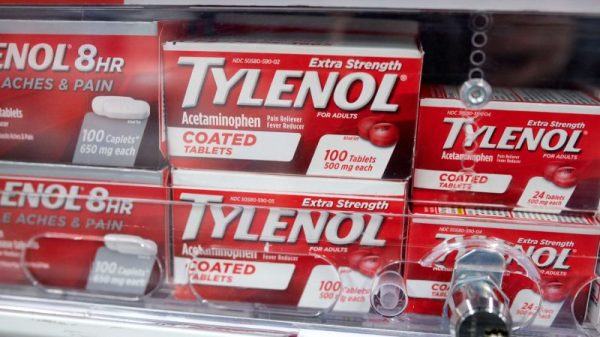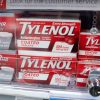Shares of Tourmaline Bio surged in premarket trading on Tuesday after the US-based biotechnology company agreed to be acquired by Swiss pharmaceutical major Novartis for approximately $1.4 billion.
Tourmaline shares jumped nearly 58%, trading at $48 per share, compared with Monday’s closing price of $30.18.
The premium offered by Novartis highlights the strategic value of Tourmaline’s lead therapy.
Meanwhile, Zurich-listed Novartis shares were little changed, and its US-listed shares slipped slightly.
Deal boosts Novartis’ cardiovascular pipeline
Novartis said it would acquire Tourmaline in an all-cash transaction, with shareholders receiving $48 for each share held.
Following completion, expected in the fourth quarter of 2025, Tourmaline will become an indirect wholly owned subsidiary of Novartis.
The deal provides Novartis with access to pacibekitug, Tourmaline’s most advanced therapy, which is in Phase 2 trials.
The drug is designed to address residual inflammation in patients with atherosclerotic cardiovascular disease (ASCVD), a leading cause of death globally.
Shreeram Aradhye, President, Development and Chief Medical Officer at Novartis, called pacibekitug a potential breakthrough.
“Inflammation is a major driver of cardiovascular disease, and the team at Tourmaline has made significant progress with this asset,” he said, adding that the company is eager to collaborate with Tourmaline to advance development.
Novartis steps up acquisitions amid competition from generics
The Tourmaline acquisition is part of Novartis’s broader strategy to bolster its pipeline as it braces for generic competition to some of its best-selling drugs, including the heart medicine Entresto.
The company has increasingly turned to targeted acquisitions to maintain growth momentum.
Earlier this year, Novartis announced the purchase of Anthos Therapeutics for an upfront payment of $925 million, with additional milestone-based payments of up to $2.15 billion.
Anthos is developing abelacimab, a late-stage therapy to prevent stroke and embolism in patients with atrial fibrillation.
In April, Novartis agreed to acquire Regulus Therapeutics for $800 million upfront, with the deal potentially reaching $1.7 billion depending on milestones.
Regulus is focused on microRNA-based treatments for severe kidney diseases, including autosomal dominant polycystic kidney disease.
Analysts see strong strategic fit
Analysts broadly welcomed the Tourmaline deal.
“Novartis’s $1.4 billion deal to buy Tourmaline Bio looks like a strategically meaningful move that is set to complement its cardiovascular-treatment pipeline,” said Vontobel’s Stefan Schneider.
“The deal makes sense for the Swiss pharmaceutical group as it bolsters the company’s franchise catering to cardiovascular patients with underserved needs, specifically anti-inflammatory therapies,” Schneider adds.
Tourmaline Bio, based in the US, specializes in therapies for cardiovascular and inflammatory diseases.
According to FactSet data cited by Vontobel, its lead therapy could generate first product revenues by 2028, underscoring the longer-term payoff for Novartis.
The deal marks another step in Novartis’s strategy to diversify its drug portfolio and position itself as a leader in cardiovascular innovation.
By betting on pacibekitug’s differentiated mechanism targeting IL-6, Novartis is strengthening its hand in one of the largest and most competitive areas of global healthcare.
The post Tourmaline Bio surges after Novartis $1.4 billion acquisition; analysts see strong fit appeared first on Invezz


































